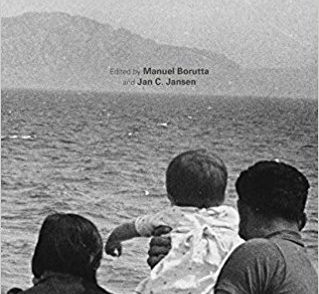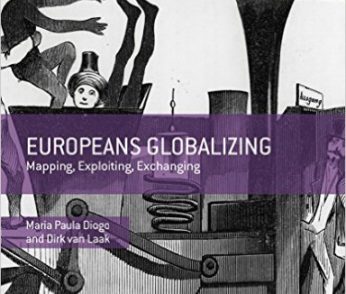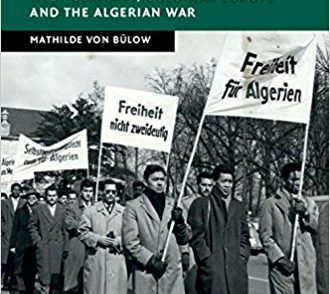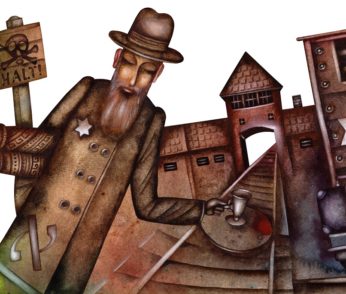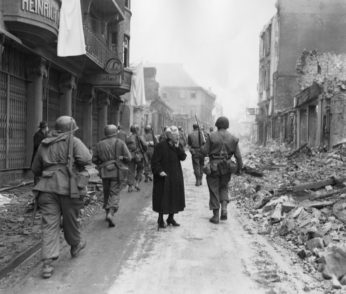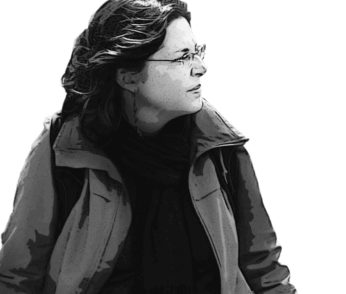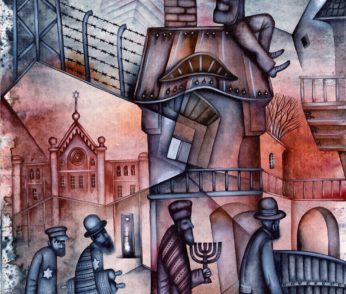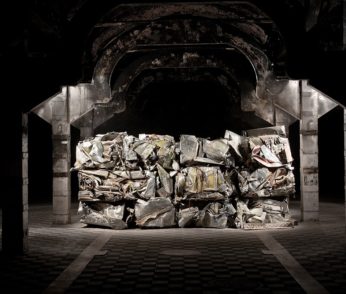Reviewed by Amy Hubbell
As Europe continues to face the largest wave of refugees pouring into its borders since World War II, past influxes of migrants across the continent offer important lessons about national identity and integration. With Germany receiving the vast majority of refugees, and France ranked in the top three destinations, Vertriebene and Pieds-Noirs in Postwar Germany and France is particularly timely.

